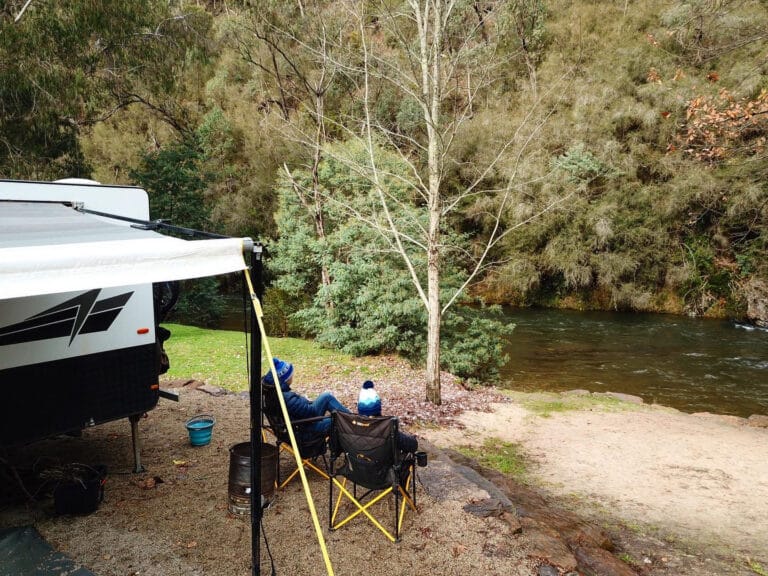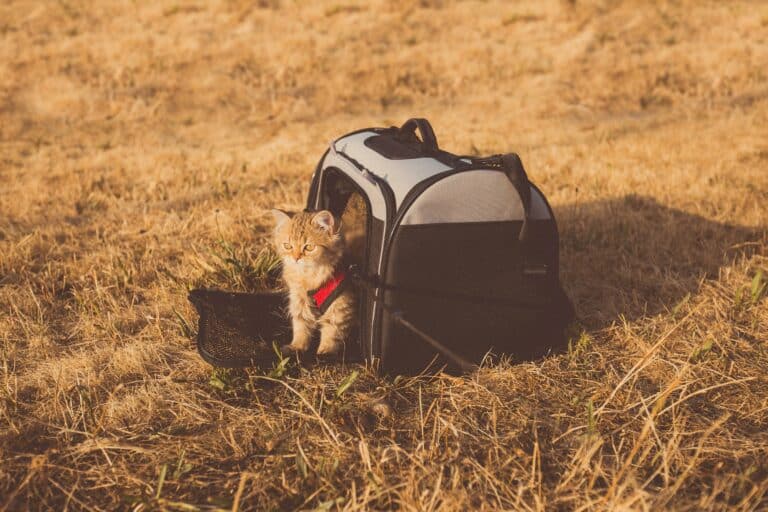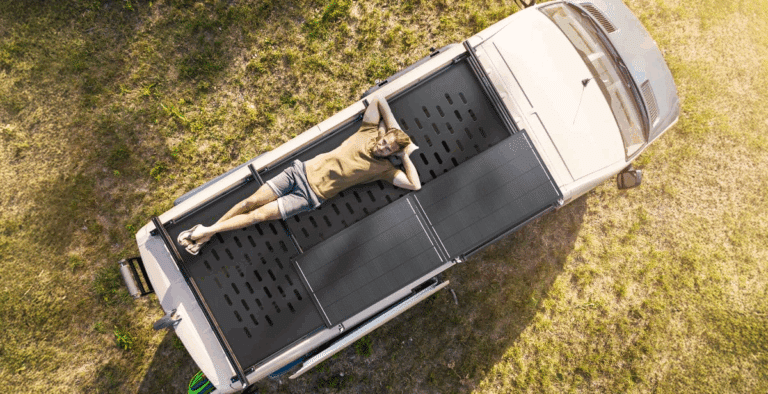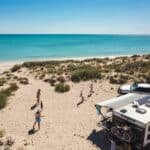
It’s one thing to make sure your caravan has everything it needs but don’t overlook your tow vehicle. Here are 10 essential tow-vehicle spares you should carry for touring.
Before any adventure, there’s a recurring question: what spares should we take on the road with us? We’ve knocked together a list of 10 essential tow-vehicle spares you should carry for touring that’ll get you out of strife if the defecation were to hit the oscillator.
Radiator hoses
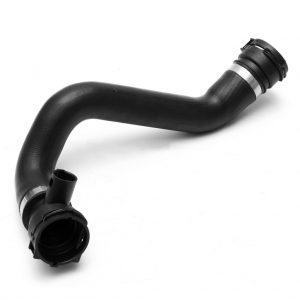
If you’ve not replaced your radiator hoses since Adam was playing footy for the Eden Wanderers, chances are you should be carrying a set of spares. It’s also worth thinking about any little ancillary hoses. There’s one behind the head of a lot of Tojos that few know about, and if it lets go, it’s all over. Carry spare top and bottom hoses and some self-amalgamating tape, as it can get you out of a pinch.
Drive belts
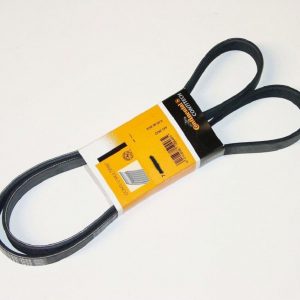
Spare drive belts are pretty non-negotiable. If you break one out the back of nowhere, there goes your water pump, alternator and, depending on your vehicle, vacuum pump, power steering and – heaven forbid – your aircon! Keep a good spare that’s not 30 years old and perished.
Filters
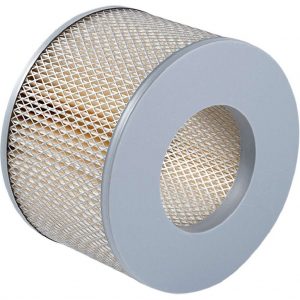
If the outback is where you’re heading, or you’re planning on doing miles and miles in the dust, a spare filter element for your airbox is a solid idea. If you’re doing a long trip and you’re in convoy (you shouldn’t be close enough to worry about this but…) chances are your air filter will choke on dust and dirt. It’ll be well worth throwing in a fresh air filter once you’ve hit your overall destination – the halfway mark of the trip – so you’ll have more power and better economy for the run home. Also, throw in a spare fuel filter and an oil filter.
CVs
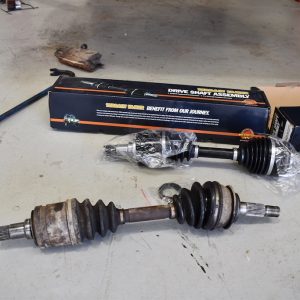
With so many four-wheel drives these days running independent front suspension set-ups, CVs are common failures. The regularity of this will depend on your driving style, the tracks you tackle, and whether your CVs display any warning signs that they’re worse for wear. If you’ve got the space in your rig, keep a spare set, but if not, drive gently.
Alternator (or brushes)
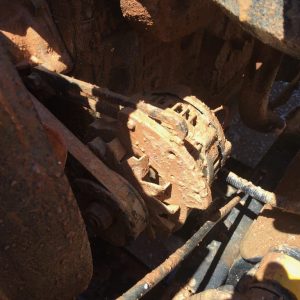
If you plan on heading through water or mud, your alternator is often the first thing to wear it. Whether it be mud from tougher tracks or grit from river and creek crossings, you’ll miss your alternator when it’s gone. If you can, keep a spare, or if you’re handy with a soldering iron and the tools, a spare set of brushes are the most common part to fail on an alternator. These can be swapped out in a matter of minutes. However, if the voltage regulator goes, you’re on your own.
Starter motor
If you’re in an auto, and depending on how remote you plan to travel, a starter motor could be a worthwhile spare to throw in. Manuals will be able to limp home, so long as you make sure you park up every night on a hill. But if you’re in an auto, you won’t get your four-wheel drive running again without a new starter.
Wheel bearings
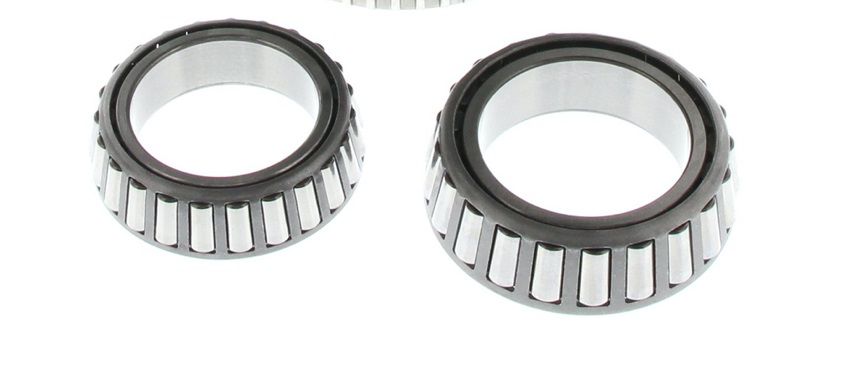
It’s worth keeping a spare set of wheel bearings with you or, at a minimum, a hub socket and a tub of grease so you can nip them up if need be. When you’re towing a camper or a caravan, it’d be wise to take a spare set for the trailer too. If you do take a set of bearings, make sure you take the right-sized hub socket too – ask me how I know.
Vehicle-specific spares
This one comes down to what type of vehicle you’re driving. Does your make/model have any known weak points or sensors that suddenly die because they’re having a bad day? Do a bit of research. Ask other owners or your local mechanic if there’s anything vehicle-specific you should carry with you. You could save yourself the expense and hassle of a tow, or several days waiting for parts to turn up.
Fencing wire
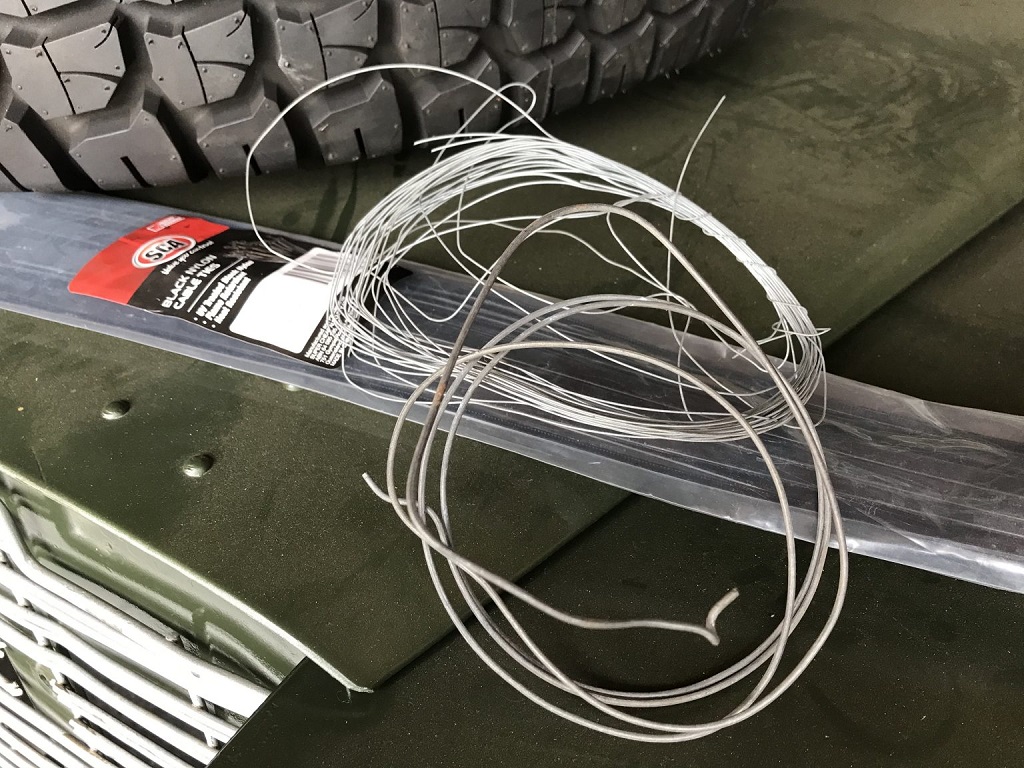
You’d be surprised by the things you can stitch together with fencing wire. It generally won’t fix a problem but will often save it from getting worse or doing more damage. Exhaust hangers are a case in point. You can strap up an exhaust on a broken hanger with some fencing wire, saving it from breaking off further down the road and spearing through the floor of your rig. Fencing wire has a million uses. Sometimes, you just need to think outside the box to make good use of it. Oh, and cable ties – lots and lots of cable ties.

Parts and consumables
When it comes to parts and consumables, we’re referring to handy items like WD-40, gaffer tape, Devcon/metal putty, RTV sealant – and did we mention cable ties? These are the sorts of things you always want to have rolling around your tool bag. While you might not need them all that often, you’ll be glad they’re in your toolbox when you do, so make sure you’ve got them. Throw in a ground sheet to work on, too, instead of having to lie in the mud, sand or snow. Fixing broken stuff is a lot less stressful if you’re warm, dry and relatively comfortable.
Final things to keep in mind
If you’ve managed to pack all the known trouble parts for your four-wheel drive, and have the right spares, the last thing you’ll want to look at will be the tools to install those parts. There’s no point carrying a spare alternator if you’re unable to pull the old one-off. Make sure you are able to remove and replace the parts that might give you grief, otherwise, you may as well not carry spares at all.
Read next:



